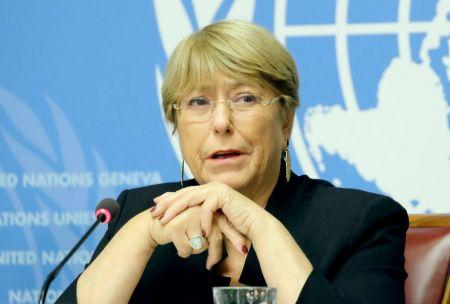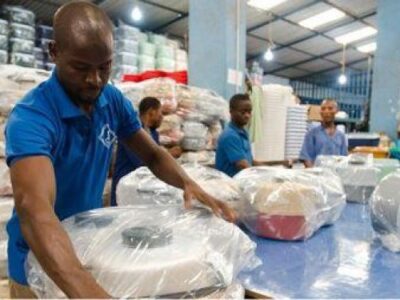
(Ecofin Agency) – The High Commissioner for Human Rights, Michelle Bachelet (pictured), expressed the need to access the disputed region of Tigray to prove the possible war crimes committed in the area. In a statement published yesterday, she said it’s urgent to assess the facts objectively and independently, given the persistent reports of serious human rights violations and abuses.
“Deeply distressing reports of sexual and gender-based violence, extrajudicial killings, widespread destruction and looting of public and private property by all parties continue to be shared with us, as well as reports of continued fighting in central Tigray in particular […] Credible information also continues to emerge about serious violations of international human rights law and humanitarian law by all parties in the conflict in Tigray, in November last year,” Michelle Bachelet said.
According to her, without prompt, impartial, and transparent investigations to identify responsibilities, violations will continue, for a long time, to come without any sanctions. Since November 4, 2020, which marks the beginning of the military offensive by Ethiopian federal troops against the TPLF, the Tigray region has been the scene of violence that forced tens of thousands of people to seek peace elsewhere.
A few days ago, Amnesty International issued a report accusing the Eritrean army of killing hundreds of civilians in November last year in complicity with Addis Ababa. While Ethiopia has always denied having called on Eritrea to quell the rebellion in Tigray, Amnesty says it has listed more than 240 victims of the exactions of the two armies, based on testimonies. In recent days, several countries have called for a clarification of what is happening in Tigray. Within the framework of an exchange forum organized by the Hoover Institution, Rwandan President Paul Kagame had called for concerted action by the UN and the African Union on the situation.
“The other problem is that it [Ethiopia] has been cut off from the rest of the world. People don’t know what is going on over there, other than the misery and the things we see when people cross the border and run into Sudan or things we hear when people who have been working there with difficulty say what they have seen or heard,” he said.
“For Ethiopia […] the toll is getting too high […] It is worrying and I hope the United States’ new administration, the UN, and others are thinking of how to collaborate with other African states to see what can be achieved together, for the African continent […] It is going to be difficult, but something needs to happen to manage and quell that [conflict] because, by maybe one, two, or three years, we shall find that the toll is extremely high,” he added.
Moutiou Adjibi Nourou











Comments